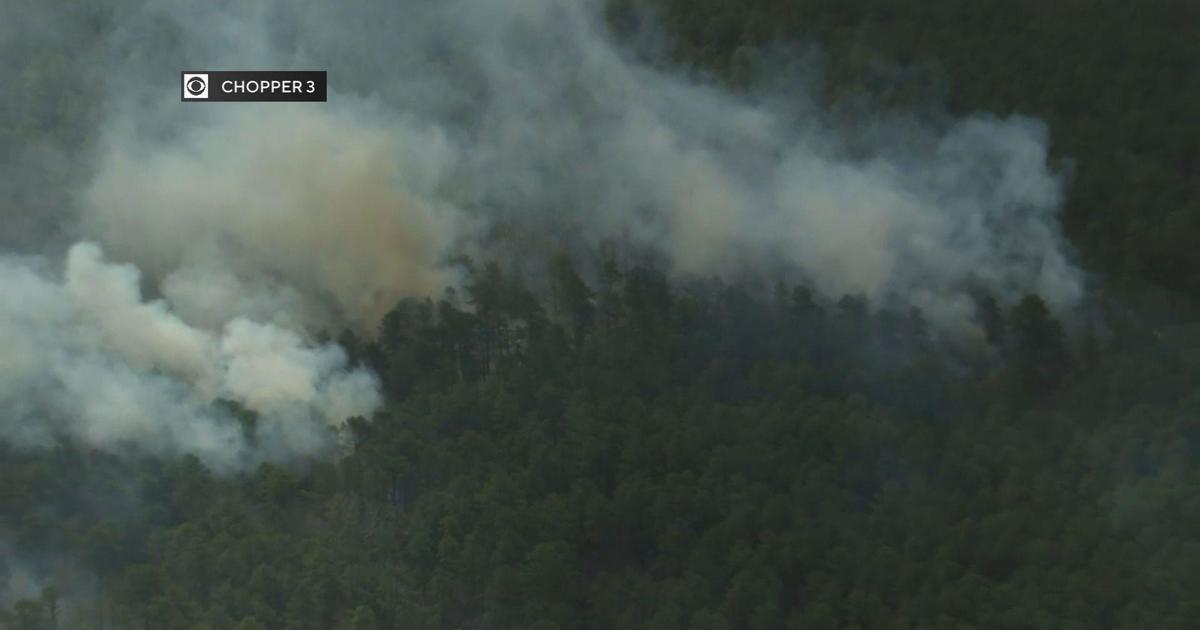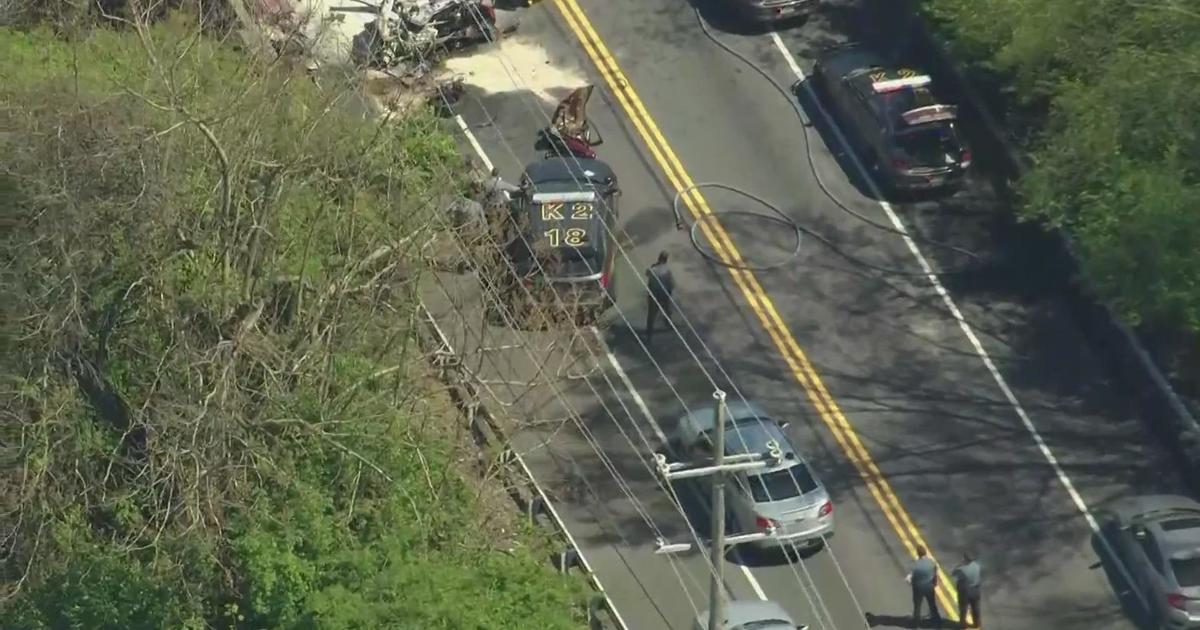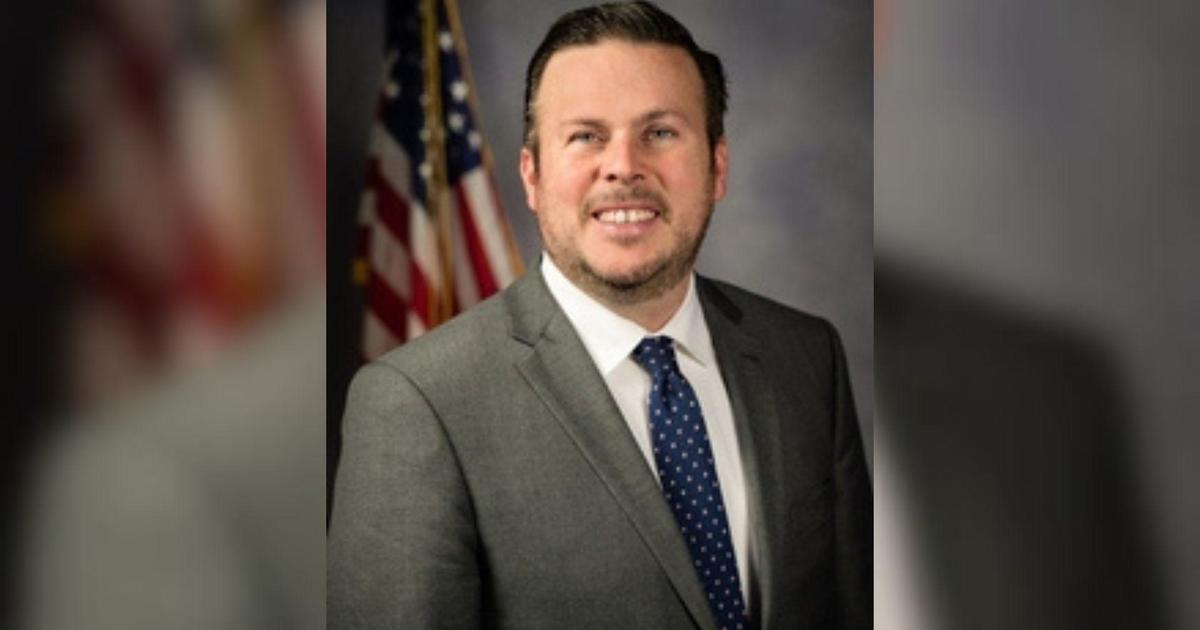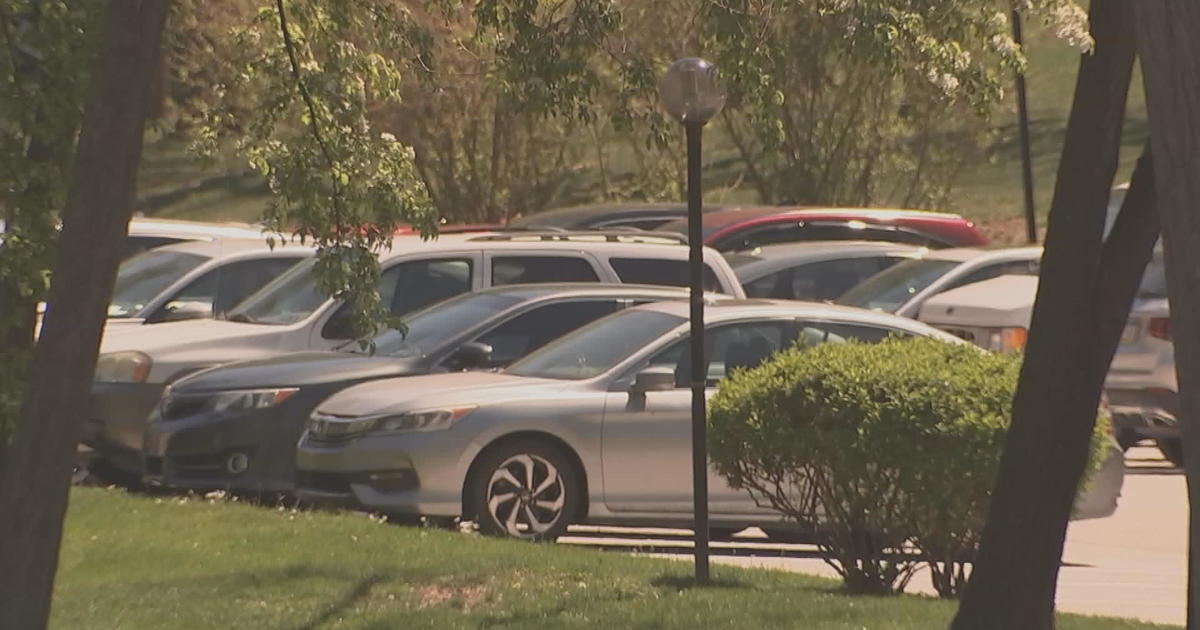Pa. Senate Panel Probes Turnpike Accident, Other Winter Road Problems
By Tony Romeo
HARRISBURG, Pa. (CBS) - A state Senate committee this morning will convene a hearing into last month's massive chain-reaction accidents on the turnpike (see related story) and other road emergencies caused by this winter's wicked weather.
Some have questioned why speed restrictions were relaxed on the morning of the colossal string of accidents on the Pennsylvania Turnpike. But, after a budget hearing in late February, PennDOT Secretary and Turnpike Commission member Barry Schoch contended it would not have mattered, that drivers would have increased their speed because they perceived the road to be more passable.
"The traffic speed picks up anyway. So, lowering the speed to 45 is ineffective. We don't have enough enforcement. Our intent is when the conditions are really unsafe to get that traffic slowed down. The reality is the traffic speed changes when the conditions get better."
He says, folks wouldn't have obeyed the lower speed limits anyway. "Leaving it in place when the conditions had turned to wet, which is what they were at the time, would not have been effective anyway. So I think the reality is for us, that there's no point in leaving a 45 mile-an-hour speed [limit] in place when we know the traffic's moving faster than that anyway."
During the budget hearing last month, Schoch said it appeared the turnpike mess started when a driver error caused a tractor-trailer to jackknife.
Schoch did say that once that first accident stopped the flow of traffic that morning, the salt on the pavement lost some of its effectiveness and the wet turnpike began to refreeze and that may have contributed to some of the more minor accidents down the road.
Suburban Philadelphia Republican John Rafferty, chairman of the Senate Transportation Committee, says the hearing will not just focus on the turnpike debacle, but on the response to multi-vehicle incidents on the Blue Route and other highways this winter.
"Well, hopefully, we find out how decisions were made, who made the decisions, but most importantly, going forward, what we can do to make sure – if there were any mistakes – that we rectify those. And how we respond effectively to emergency situations."



